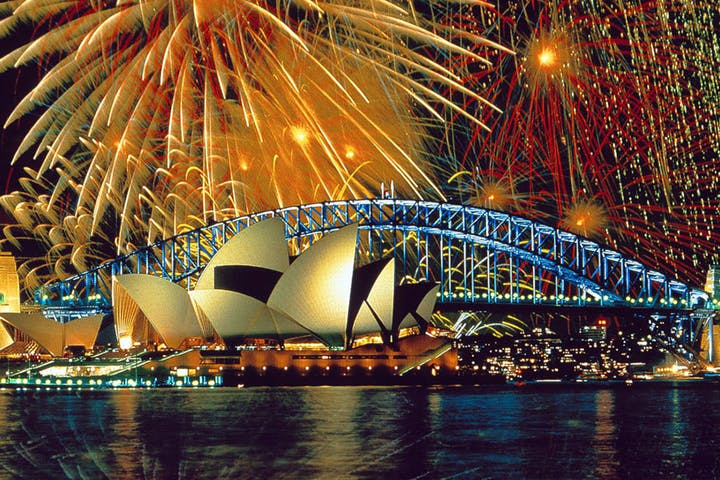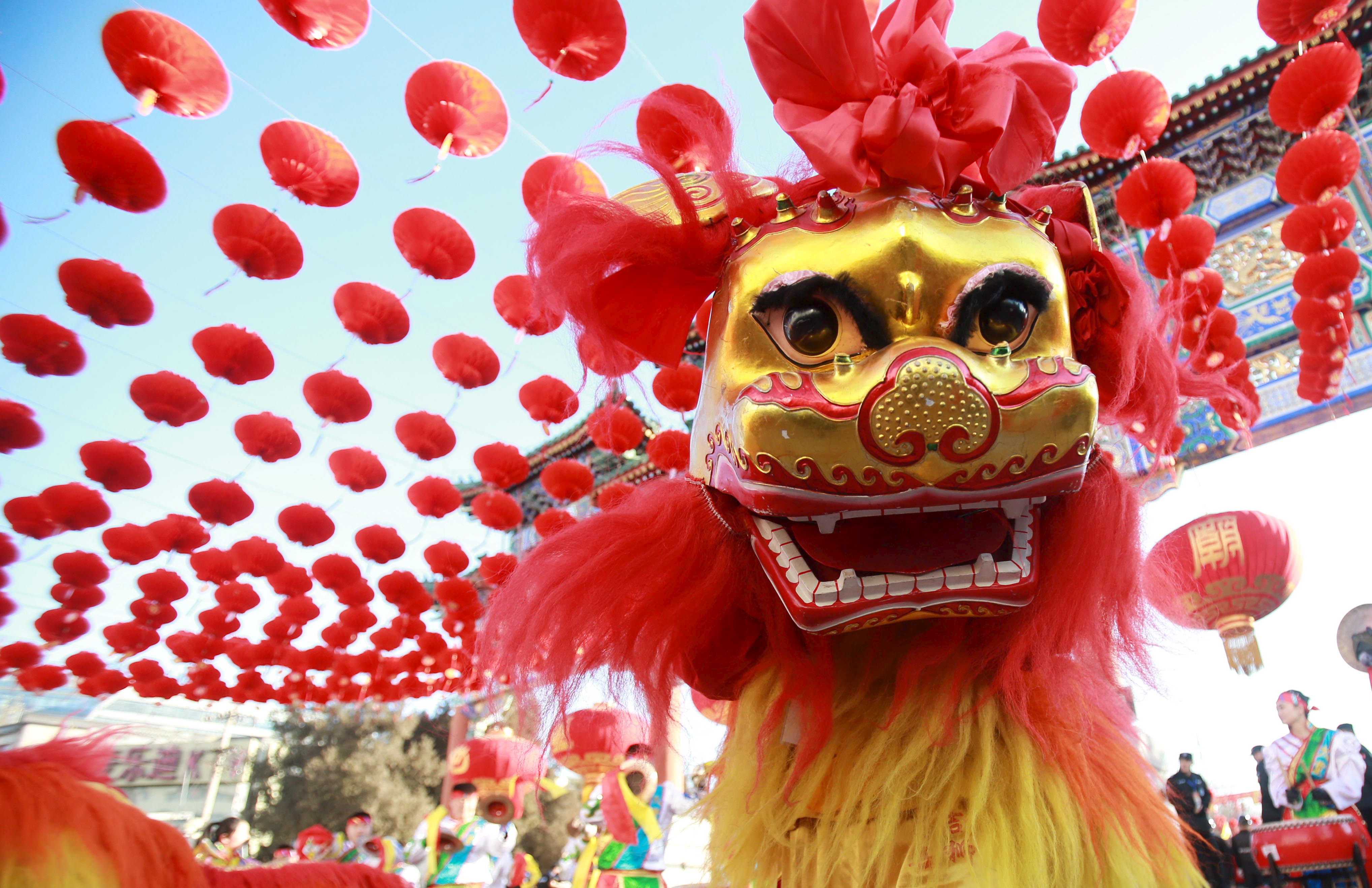Celebrating Major Holidays Around the World
By Jennifer Allman-Guinn, on November 15, 2019
If there’s one thing that most countries have in common, it’s their long-held traditions surrounding their holiday seasons. Reveled by locals, visitors travel to countries around the world to take part in the traditions and parties to mark important milestones and traditions. Listed below are three important upcoming holidays around the world, plus tips on how to celebrate them.
New Year’s Eve, Sydney, Australia
Tuesday, December 31, 2019

IMAGE SOURCE
- Each year a new theme is chosen and is regularly viewed by more than one million people surrounding the harbor and one billion worldwide for the Midnight Fireworks. The daytime hours are generally filled with family-friendly activities throughout the city. Crowds can be quite large so parents are advised to remember this when deciding whether to bring children to any event.
- The dinnertime and evening hours offer plenty of options for families, couples, singles, and groups. There are many vantage points to see the fireworks in Sydney namely Barangaroo, Royal Botanic Gardens, Opera House, Bradley's Head, Sydney New Year's Eve Cruises, The Rocks, Taronga Zoo, and Shark Island. The famed Opera House, holds performances and a party that offers prime views of the fireworks over the harbor.
Chinese New Year, China
Friday, January 24 – Saturday, February 8, 2020

IMAGE SOURCE
- Celebrations outside of the home are varied. Banquets, feasts, and dancing dragons take place on a variety of days. Many events include fireworks as a way to ward off evil spirits as the year begins. Legend has it that one day the gods ordered that animals be designated as signs of each year and the twelve that arrived first were selected. According to the Chinese Zodiac, 2020 is the Year of the Rat.
-
The main event is the famed Lantern Festival. For several days leading up to the final day of the celebration, participants prepare their lanterns, which includes poem riddles that, when solved, resulting in a prize. Poem topics usually include the themes of the season, including family, prosperity, good fortune, abundant harvests, and love.
Carnival, Brazil
Friday, February 21 – Saturday, February 29
During the week preceding Lent, the high holy season of Catholicism in which abstinence of meat, alcohol, and other forms of pleasure takes place, the country of Brazil lets loose with their week-long Carnival celebration. Carnival came from the word Carne Vale which translates to ‘Goodbye to Meat”. The event’s long history dates back to the 1640’s when elaborate feasts were organized as a way to honor the Greek wine gods. Other modern elements, such as the introduction of samba music and masquerades, formed more recently. The samba is an eclectic mix of music, song, and dance styles that Afro-Brazilians brought with them to Rio after the abolition of slavery in 1888.-
Around the country, visitors can experience elaborate feasts and parades throughout the week. The parades are generally free with varying crowd sizes. Feasts at different price points, from street festivities to formal balls generally attended by the rich and famous, make the week accessible to everyone.
-
The main event takes place on the final day of Carnival in Rio at the Sambadrome. Here, Samba Schools compete for the championship title, incorporating original performances and beats coupled with elaborate costumes, for the entertainment of visitors from around the world. Carnival is the ultimate party experience from a country known for its elaborate celebrations.
